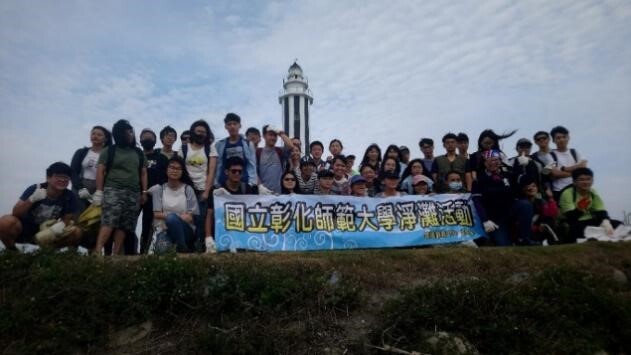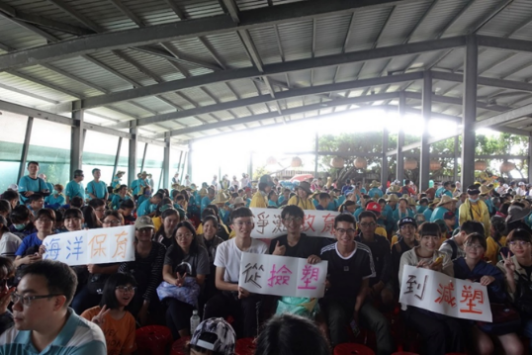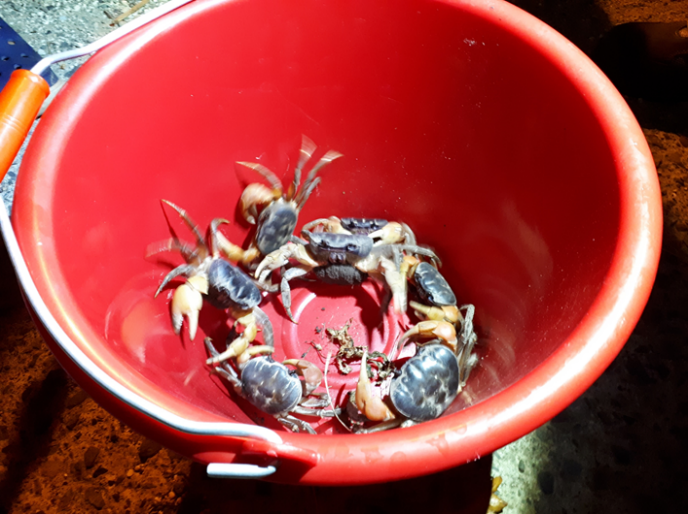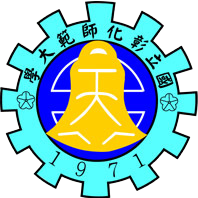SDG14.3.1 Conservation and sustainable utilisation of the oceans (events)-2021
NCUE has at least four programmes to promote conservation and sustainable utilisation of the oceans, seas, lakes, rivers and marine resources. They include the Environmental Education Centre’s ‘Fangyuan Reengineering USR Seed Programme’ and ‘Engaging Fangyuan and Dacheng: Industrial and Environmental Sustainability for Changhua’s Twin Towns’ in 2020–2022; the General Education Centre’s ‘Introduction to Marine Life Science’ and ‘Fubao Ecology and Marine Culture Experience’; the Department of Biology’s ‘Programme for Kenting National Park/Investigation on Invasion and Control Strategy of Yellow Termites in Kenting National Park’. They will be discussed in detail below:
1. Fangyuan Reengineering USR Seed Programme and Sprouting Programme for Engaging Fangyuan and Dacheng: Industrial and Environmental Sustainability for Changhua’s Twin Towns in 2020–2022:
The general education course ‘Introduction to Marine Life Science’ was revised for the USR programme. Its activities, midterm and final term classes, and written presentations require feedback and information on the visits, experiences, services, and cleaning activities.


At least once a year, participation in large-scale beach cleaning activities is required, and voluntary beach cleaning activities promoted by general education courses are encouraged.
https://www.facebook.com/NCUEUSR/photos/?tab=album&ref=page_internal
2 The General Education Centre’s Introduction to Marine Life Science, offered from 17 February to 19 June 2020, attracted 74 participants
Syllabus Link: https://webap0.ncue.edu.tw/DEANV2/UploadDEAN/SUBJECT/1082/00233_0CCGE0169820.pdf
3 The General Education Centre’s Fubao Ecology and Marine Culture Experience micro-credit course, offered on 8 November 2020, attracted 30 participants
Course photo link: https://ccource.ncue.edu.tw/files/13-1032-18476.php
4 Programme for Kenting National Park/Investigation on Invasion and Control Strategy of Yellow Termites in Kenting National Park
The programme involved assisting Kenting National Park to investigate the invasion status of Anoplolepis gracilipes (known as yellow crazy ant), one of the most harmful invasive species in the world, in the land crab distribution concentration areas (spring ports in Back Bay, Banana Bay, and Sand Island). This study is the first time that Anoplolepis gracilipes has been found to threaten the land crab population in East Asia. In addition to ant damage, land crabs also face threats from road killing, habitat destruction, and human harvesting. In recent years, the number of land crabs has continued to decline, despite efforts to close roads, protect crabs, and set up ecological reserves. This study not only highlights the importance of prevention and control of Anoplolepis gracilipes but also provides some suggestions on prevention and control. In addition to traditional chemical control, habitat restoration and removing potential nesting sites for Anoplolepis gracilipes may play a role in the control efforts by potentially increasing the habitat suitable for land crabs and hinder the establishment of Anoplolepis gracilipes. Considering the impact of Anoplolepis gracilipes on the ecological environment, ant control must be implemented continuously to reduce the probability of land crabs being ‘killed’ and maintain the biodiversity of Kenting National Park.

Roads in Kenting are closed during the crab breeding season to prevent land crab killings.

Crab volunteers help release land crabs to the sea during the breeding period.
Project Video Link: https://www.facebook.com/NCUEEEC/videos/a.1053897732014001/402422844606560

